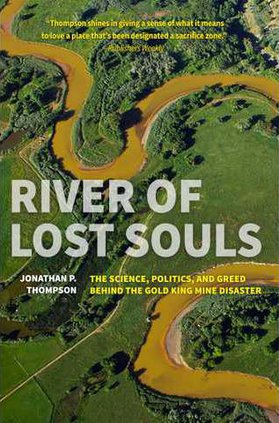ATLANTA -- The millions of Georgia voters headed to the polls Tuesday were largely greeted by surprisingly short waits, a welcome change from the lengthy lines that frustrated metro Atlanta voters who waited hours to cast their ballot last week.
Secretary of State Karen Handel said nearly all of Georgia's more than 3,000 voting precincts opened on time Tuesday morning, and wait times throughout the day at even the busiest precincts didn't stretch much beyond two hours.
Still, election protection groups reported receiving more than 1,300 phone calls, and there were isolated hiccups at a handful of polling sites where computer glitches and downed voting machines slowed voter lines.
But county officials and watchdog groups said they were encouraged by the orderly process.
"The lines are not as long as we thought they would be overall," said Clare Schexnyder of Georgia Election Protection, a voting rights group. "And the early voting definitely put a real dent in the problems we would have seen."
Long lines were a familiar sight in Georgia last week during advance voting, when higher-than-expected turnout and scattered technical problems forced voters to wait as long as eight hours.
But Georgia's early voting strategy is expected to relieve the crush of voters descending on Georgia's more than 3,000 polling precincts Tuesday. More than 2 million people already have voted, accounting for 36 percent of Georgia's 5.6 million electorate.
Polls in Georgia closed at 7 p.m., although voters in line before polls close still will be able to cast their ballot.
"Our plan is to vote every voter that's in line in the time period that's allotted," said Annie Bright, elections director of Clayton County. "We're doing anything we can to get them all voted. Even if it takes all night."
Georgia Election Protection reported it has received more than 1,000 complaints from voters, many of them concerning voter registration issues. The Georgia Attorney General's Office, which also runs a voter hot line, said it had received more than 40 phone calls.
"It seems to be going smooth from our end," said Russ Willard, a spokesman for the office.
Most metro Atlanta polling sites featured lines of around an hour long, and waits in Albany, Savannah and Athens were shorter. Even Welcome All Park, a south Fulton County precinct where hundreds of voters waited in line during the February primary, boasted a line of only a few voters by 7 p.m.
But there were a smattering of problems.
Along with a crush of voters, Gwinnett County officials also were grappling with a mishap that was discovered a few weeks ago involving more than 10,000 absentee ballots that can't be read by optical scanning machines.
Some 200 workers sitting in pairs in a warehouse were transferring votes from each flawed ballot to a new one, and two more workers are verifying that the votes match, said county spokesman Joe Sorenson. He said both ballots will be kept in case of an audit.
One frustrated Fulton County voter said he waited more than an hour in line at a polling precinct, but before he could cast his ballot he was told he had already voted. Dr. Robert Fryer said he assured poll workers he had yet to cast a ballot, but was still forced to fill out a provisional ballot.
"From my point of view, the election is in question," said Fryer, a dentist who attempted to vote in north Fulton County. "It throws it into doubt in my mind. The election is tainted to say the least."
Most of the incidents, though, seemed to be isolated cases. And that is an encouraging sign for Handel, a Republican, has been under fire from critics who say she should have called for longer voting hours.
She has accused them of "grandstanding" and noted that any changes to election procedures must be cleared by federal authorities.




